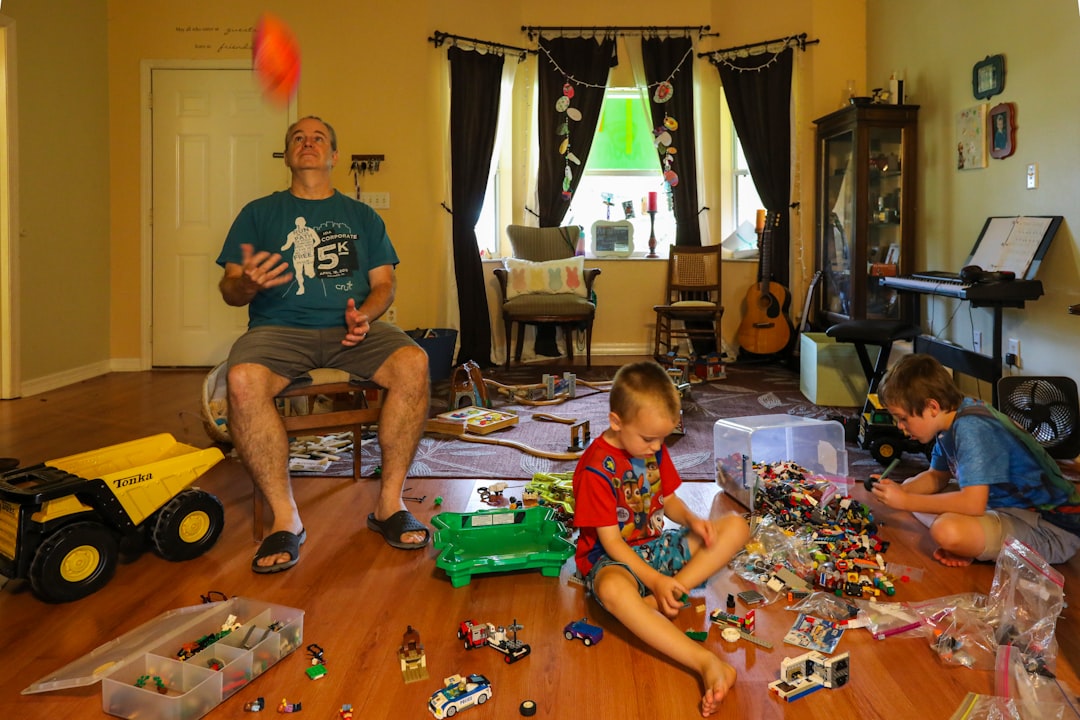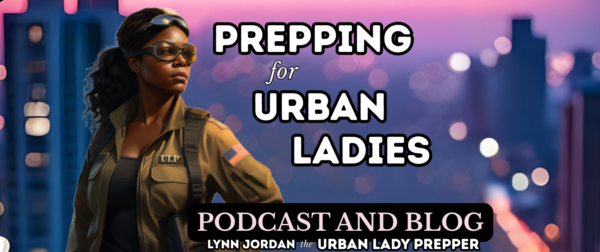ive
In today’s fast-paced world, it’s easy to feel overwhelmed by physical and mental clutter. But what if tidying up your living space could do wonders for your mental health and prepare you for unexpected emergencies? Decluttering isn’t just about creating a more organized home; it’s also a powerful tool for stress relief and mental clarity. By clearing out the unnecessary, you’re making room in your environment and mind, allowing for a more focused and calm approach to life’s challenges. In this guide, we’ll explore how decluttering can boost your mental well-being and enhance your readiness for emergencies, offering practical tips and insights to help you transform your space and mindset.
The Connection Between Decluttering and Mental Health
Decluttering for Stress Relief
Decluttering can play a significant role in stress relief. When cluttered, your home often reflects in your mental state, leading to overwhelmed feelings. It’s easy to feel frustrated when you see a messy kitchen or a room with stuff everywhere and feel too defeated or tired to address it. Tackling it bit by bit can create a sense of order and control, reducing anxiety. Start small—maybe with a single drawer or a room corner. This manageable approach makes the task less daunting and more rewarding. For many, it’s easy to keep going once you get started!
As you eliminate unnecessary items or store them away, you’ll notice a lighter, more open space, which can translate into a calmer mind. Plus, the physical activity of decluttering itself can be therapeutic, offering a break from digital devices and a chance to focus on something tangible. Regularly practicing home organization sets the stage for ongoing stress relief, fostering a peaceful environment that nurtures your mental health and enables mental clarity.
Finding Mental Clarity Through Home Organization
Home organization is more than just tidying up; it’s a pathway to mental clarity. When every item has a designated place, it reduces the mental load of constantly searching for things. This allows you to focus on more important aspects of your life. Begin by categorizing your belongings, creating zones for each category, and forcing the habit of returning things to their place when used. This systematic approach can help streamline your daily routine and minimize decision fatigue. As you maintain this order, you’ll likely experience a newfound clarity that enhances your ability to tackle complex tasks and make decisions effectively. Incorporating these habits into your life supports your mental health and prepares you for unexpected situations, as you’ll know exactly where essential items are when you need them.

Decluttering for Emergency Preparedness
Organizing Essentials for Quick Access
Some studies have shown that a disorganized home has positive mental connotations, but reining in the chaos is important for several practical reasons related to prepping.
When it comes to emergency preparedness, having essentials organized for quick access is crucial. Remember the five “P’s” of Evacuation:
People: Consider your family members, pets, and others who may need to be evacuated
Prescriptions: Bring any medications, vitamins, or eyeglasses you need
Papers: Gather important documents, phone numbers, and other papers
Personal needs: Pack items to be comfortable and safe, such as clothes, toiletries, laptops, and chargers.
Priceless: Grab any irreplaceable items or memorabilia if you have the time and space to bring them.
With this in mind, start by identifying the primary items you would need during an emergency, and where you will keep them for easy access. Store these items in a designated area easily accessible to everyone in your household. Examples include bug-out bags, a flashlight, a first-aid kit, important documents, and cash. When preparing non-perishable food for an emergency exit, keep them where they can be checked for expiration. You want to cycle through your canned items before the expiration dates, and be sure to replace them! Clear labeling is key; use labels or color-coded bins to ensure anyone knows what’s in them without opening them or guessing. Consider stackable bins or shelving units to maximize your vertical wall space if you have limited space. Regularly check your supplies to ensure everything is complete and in working order.
Keeping these essentials organized prepares you for potential emergencies and fosters peace of mind. This proactive approach can alleviate anxiety about the unknown, as you’ll feel more in control, knowing you’re ready to respond quickly and effectively when the unexpected occurs.
Creating a Safe and Efficient Space
Creating a safe and efficient space supports emergency preparedness. Begin by assessing your home for any potential hazards or obstacles that could impede a swift exit in an emergency. Ensure that exits are unobstructed, and try to keep important items – like your keys, purse/wallet, and glasses in the same place every time so you’re not searching for them in an emergency. Encourage your children to put their things away when they’re done with them, or at least keep them out of pathways. In addition, consider the placement of heavy or breakable objects; securing these items can prevent accidents during sudden movements, like those in an earthquake. Organize your living space so vital items—like fire extinguishers or emergency contact lists—are easily accessible. This organization enhances safety and contributes to a more efficient living space where everything has a purpose and a place. Regularly revisit these arrangements to ensure they remain effective and adjust as necessary.
While this may be tough to tackle initially, once everything is in its place and your emergency gear is literally “good to go,” you’ll feel less stressed. This also helps as a cost-saving measure, as you reduce the risk of purchasing something you already have or had enough of. It also lets you know what you don’t have and may need to get or stock up on.
This proactive organization helps instill a sense of security and readiness, reduce stress, and improve mental health by letting you know you’ve taken steps to keep a sense of order that will help protect yourself and your loved ones.



